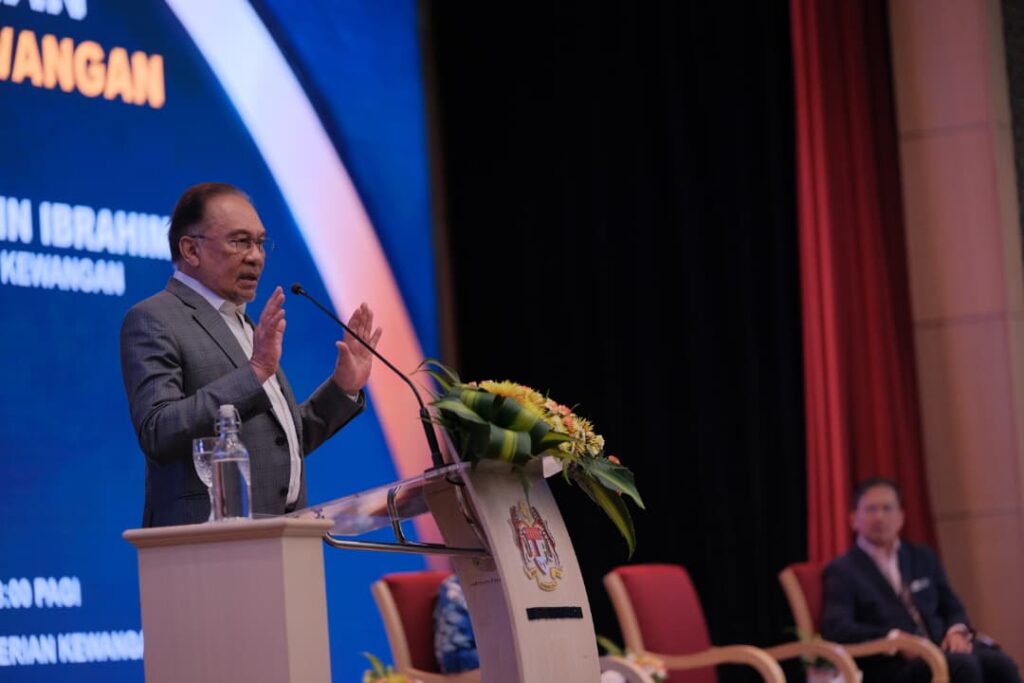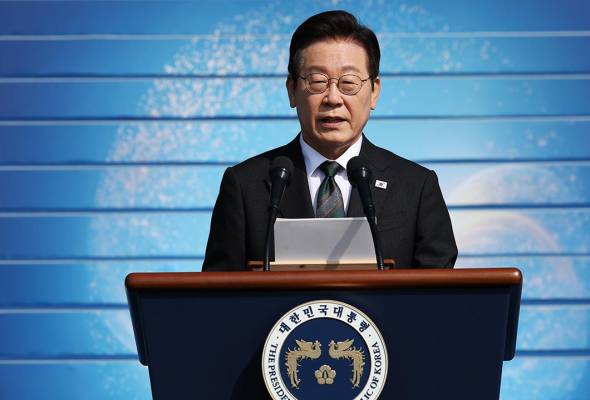
Dari Kepulauan Atlantik ke temasya Piala Dunia
DETIK jaringan Stopira pada minit ke-91 bukan sekadar memastikan kemenangan 3-0 ke atas Eswatini, tetapi mengubah sejarah Cape Verde selama-lamanya sebuah negara kecil di Atlantik kini sah melangkah ke Piala Dunia buat pertama kali.Sorakan membingitkan udara di Stadium Nasional Praia, ribuan penyokong berpakaian biru, merah dan putih meraung kegembiraan, manakala pemain serta barisan kejurulatihan berpelukan di tepi padang.Ada yang menitiskan air mata bukan kerana kemenangan semata-mata, tetapi kerana impian yang ditanam puluhan tahun akhirnya menjadi nyata.Kejayaan bersejarah itu menjadi hadiah paling bermakna sempena ulang tahun ke-50 kemerdekaan Cape Verde daripada Portugal."Memberi kegembiraan ini kepada rakyat amat besar ertinya. Ia detik istimewa ketika negara meraikan 50 tahun kemerdekaan," kata pengendali Bubista.Bagi rakyat Cape Verde, layak ke Piala Dunia adalah peristiwa paling besar sejak 5 Julai 1975.Penyokong enggan beredar dari stadium walaupun perlawanan telah lama berakhir sebaliknya terus berpesta dengan bendera di tangan dan mengenakan baju khas bertulis 'Cape Verde ke Piala Dunia 2026'.Pemain mengelilingi padang dalam pusingan penghormatan penuh air mata dengan antara yang paling terharu ialah pertahanan Steven Moreira, pemain kelahiran Perancis yang kini beraksi bersama Columbus Crew di Amerika Syarikat."Saya pernah menang di Eropah dan MLS, tapi bermain untuk negara ini lain rasanya. Kami seperti keluarga setiap kali menjaringkan gol, kami menari bersama," katanya.Presiden Jose Maria Neves turut menjadi sebahagian daripada pesta, mengibarkan sepanduk bertulis 'Cape Verde ke Piala Dunia' sebaik wisel penamat dibunyikan menyifatkan kejayaan itu seolah-olah mengulangi detik kemerdekaan negara.Sementara itu, pengarah teknikal, Rui Costa yang baru dilantik Februari lalu selepas sedekad berkhidmat di England turut bangga dengan barisan pasukan yang digelar sebagai generasi emas bola sepak Cape Verde."Kami ada jurulatih hebat, pemain luar biasa. Masa depan Cape Verde amat cerah," katanya.Sambutan diteruskan di Estadio da Varzea, tempat bersejarah sambutan kemerdekaan pertama negara itu pada tahun 1975 dan gelanggang kelayakan pertama mereka pada tahun 2000.Stadium sesak dengan penyokong yang menonton siaran langsung sebelum bertukar menjadi pentas konsert malam dengan persembahan artis tempatan dan diaspora, termasuk dua anggota kumpulan hip hop Belanda, Broederliefde, salah seorangnya abang kepada penjaring terbanyak Cape Verde, Dailon Livramento.Di jalan-jalan sekitar ibu kota, lautan manusia berpesta dengan gendang dan bunyi hon yang bersahut-sahutan."Saya menjerit sampai hilang suara, tapi saya gembira," kata Jose Vieira, antara penyokong bertuah di stadium.Bagi pemandu teksi, Maximo Gomes, perasaannya jelas: "Ya, ini peristiwa terbesar selepas kemerdekaan. Presiden kata begitu dan seluruh rakyat merasakannya."Kemenangan bersejarah itu diraikan tepat 100 hari selepas ulang tahun ke-50 kemerdekaan Cape Verde dengan tumpuan seluruh negara menanti detik lebih manis di Kanada, Mexico dan Amerika Syarikat tahun depan dan mungkin berdepan bekas penjajah mereka, Portugal, yang dibarisi Cristiano Ronaldo dan Bruno Fernandes.














